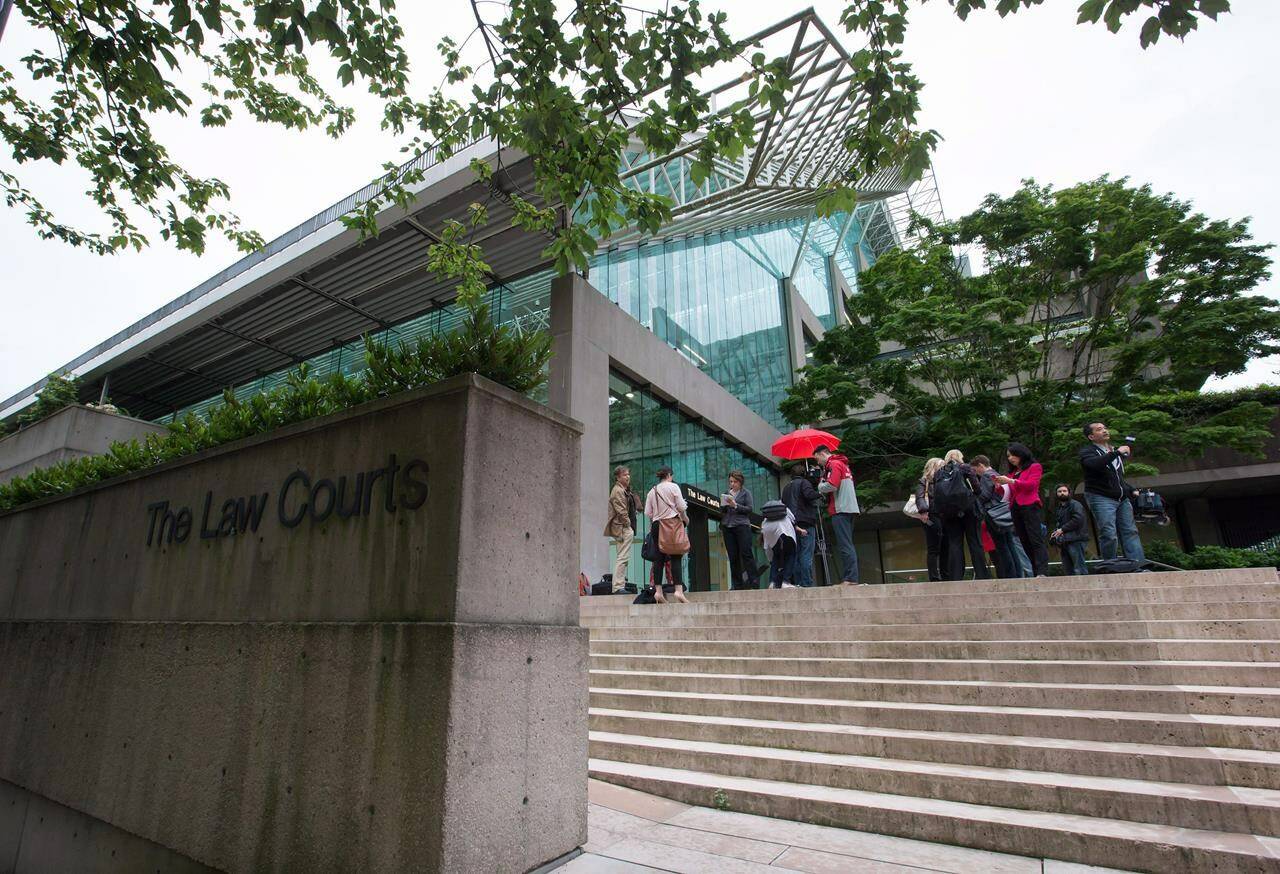A sexual assault expert testifying at the trial of a man accused of killing a 13-year-old girl in a B.C. park said she suffered injuries more consistent with childbirth that would have made it difficult for her to walk.
CAUTION: This story contains graphic content.
Dr. Tracy Pickett, who specializes in emergency and clinical forensic medicine, told the British Columbia Supreme Court trial of Ibrahim Ali that the laceration to the girl’s vagina happened before her death.
“Genital injury is a very uncommon presentation for anybody coming into the emergency department,” she said. “This particular injury was very large. I have seen this on several occasions, but primarily I would consider it with injuries associated with childbirth or following childbirth,” she testified on Thursday.
Ali has pleaded not guilty to first-degree murder in the death of the teen, whose body was found in Burnaby’s Central Park early on July 19, 2017, just hours after her mother reported her missing.
The girl’s name is banned from publication.
Pickett told the jury on Monday that she used crime scene photos and the autopsy report to form her opinions that the victim had vaginal and anal injuries that were consistent with blunt force trauma.
Pickett said Thursday the vaginal injury was deep and extended more than 2 centimetres in length.
“It was a fresh wound,” she said, indicating it caused bleeding but there were “no signs of healing.”
She said if the girl was to have come into the emergency department, “she’d have difficulty walking.”
“She’d be uncomfortable,” she said. “This is the type of injury that I, as a physician, would suture to repair. I would put in at least one stitch, possibly more.”
Crown lawyer Isobel Keeley asked if the cut was important to her overall opinions formed in the case.
“Yes, the reason being that a person who is willingly participating is able to say ‘stop that hurts, this is uncomfortable’ and they may not proceed because it is uncomfortable.”
Pickett previously testified the laceration was unlikely to have been caused by a small object like a single finger or a tampon. When Keeley asked about it again on Thursday, Pickett reaffirmed her testimony, adding there was “no indication” the girl was menstruating at the time of her death.
Keeley said in an opening statement at the trial in April that Ali and the girl did not know one another. She said the evidence would show the girl was walking or jogging through the park when she was dragged off a pathway into the forest by Ali, sexually assaulted and strangled.
The trial heard earlier the girl died of strangulation.
Crown witness and RCMP forensic biologist Christine Crossman testified last week that only the DNA of Ali and the girl was detected from swabs of her vaginal area, where sperm cells matched Ali’s DNA.
While the defence has not yet told the jury its theory of events, Kevin McCullough concluded his cross-examination of Crossman on Friday by focusing on the fact that Ali’s genetic profile only matched samples from the 13-year-old girl’s vaginal and anal areas.
McCullough asked Crossman to confirm that several pieces of evidence were not tested for DNA, including the girl’s stained clothing, which could have established another suspect in the case.
He also suggested it wasn’t Crossman’s role as a scientist to consider whether the person who “had either forced sex or sex” with the girl was the person who killed her. Crossman agreed it had “nothing to do” with what she does.
The defence has not yet cross-examined Pickett.
READ ALSO: Ibrahim Ali pleads not guilty in murder of 13-year-old B.C. girl

